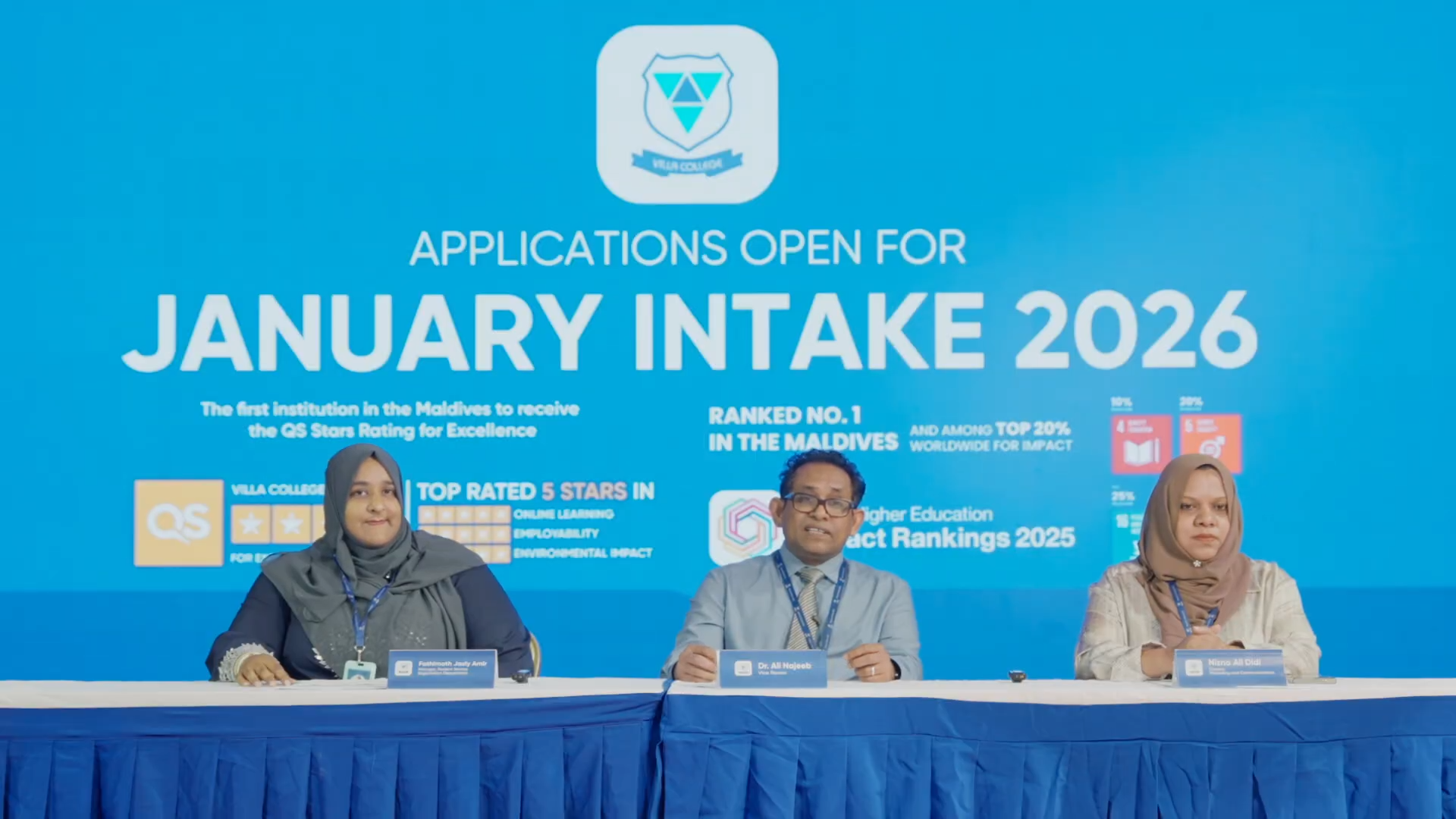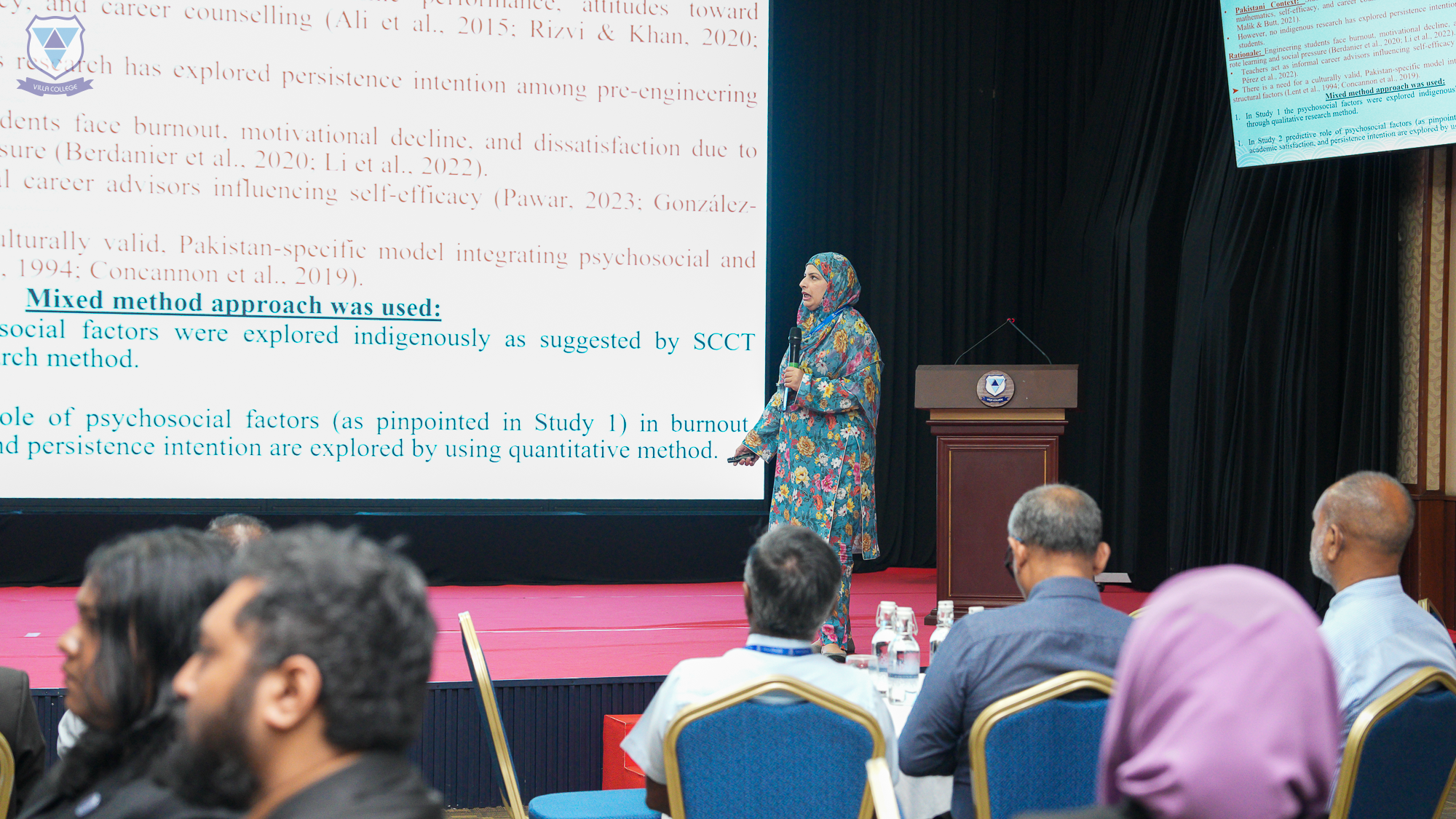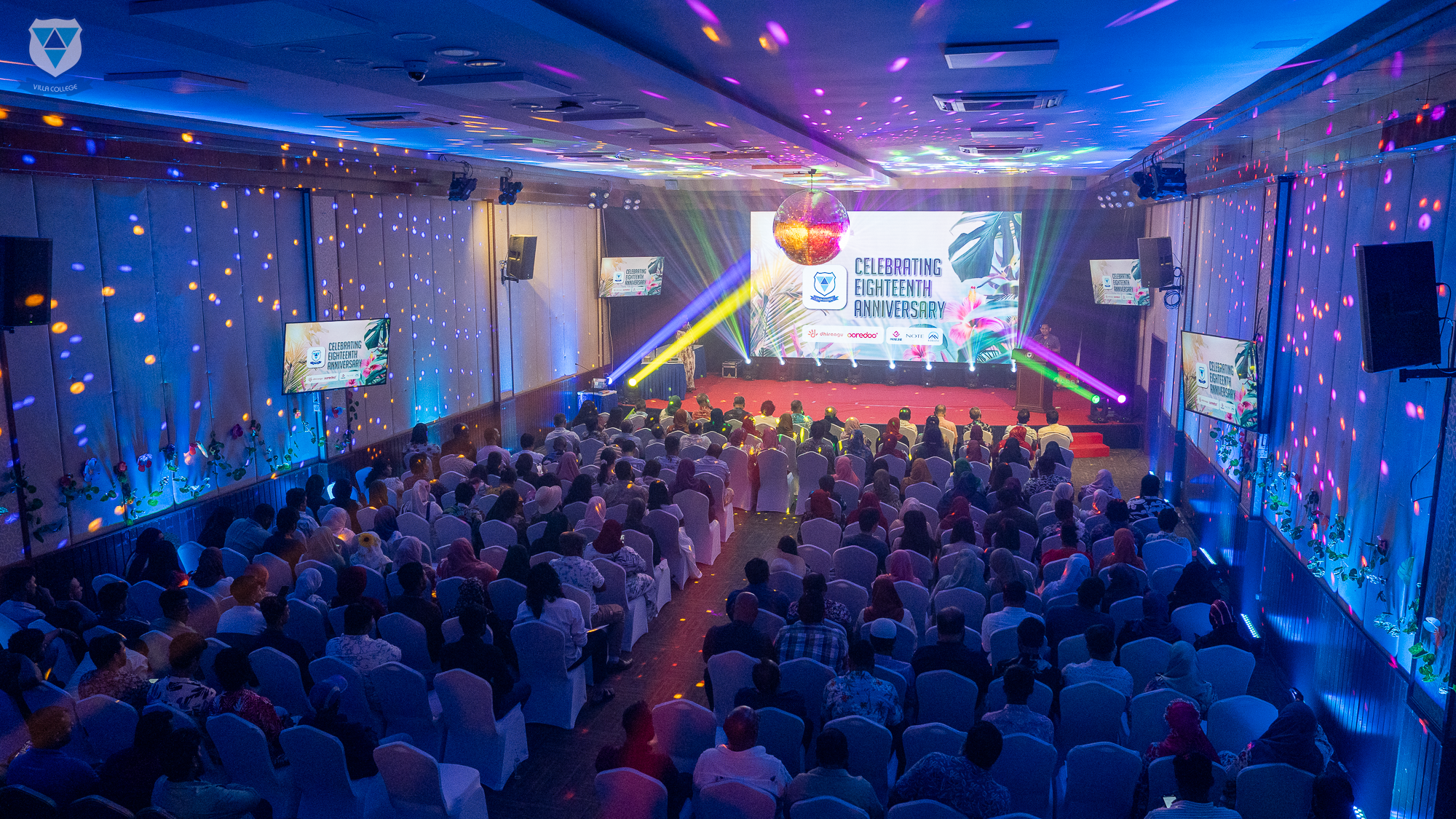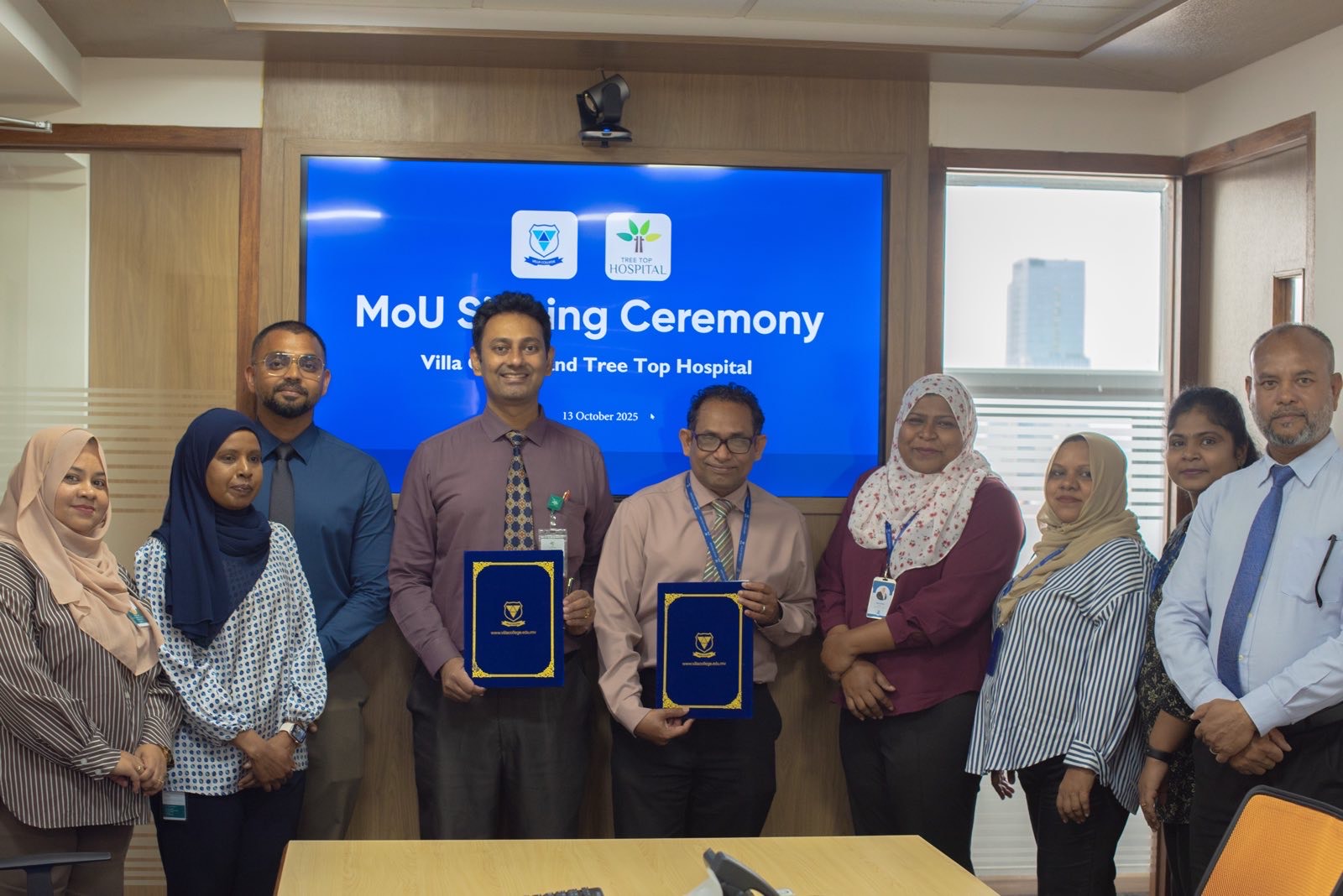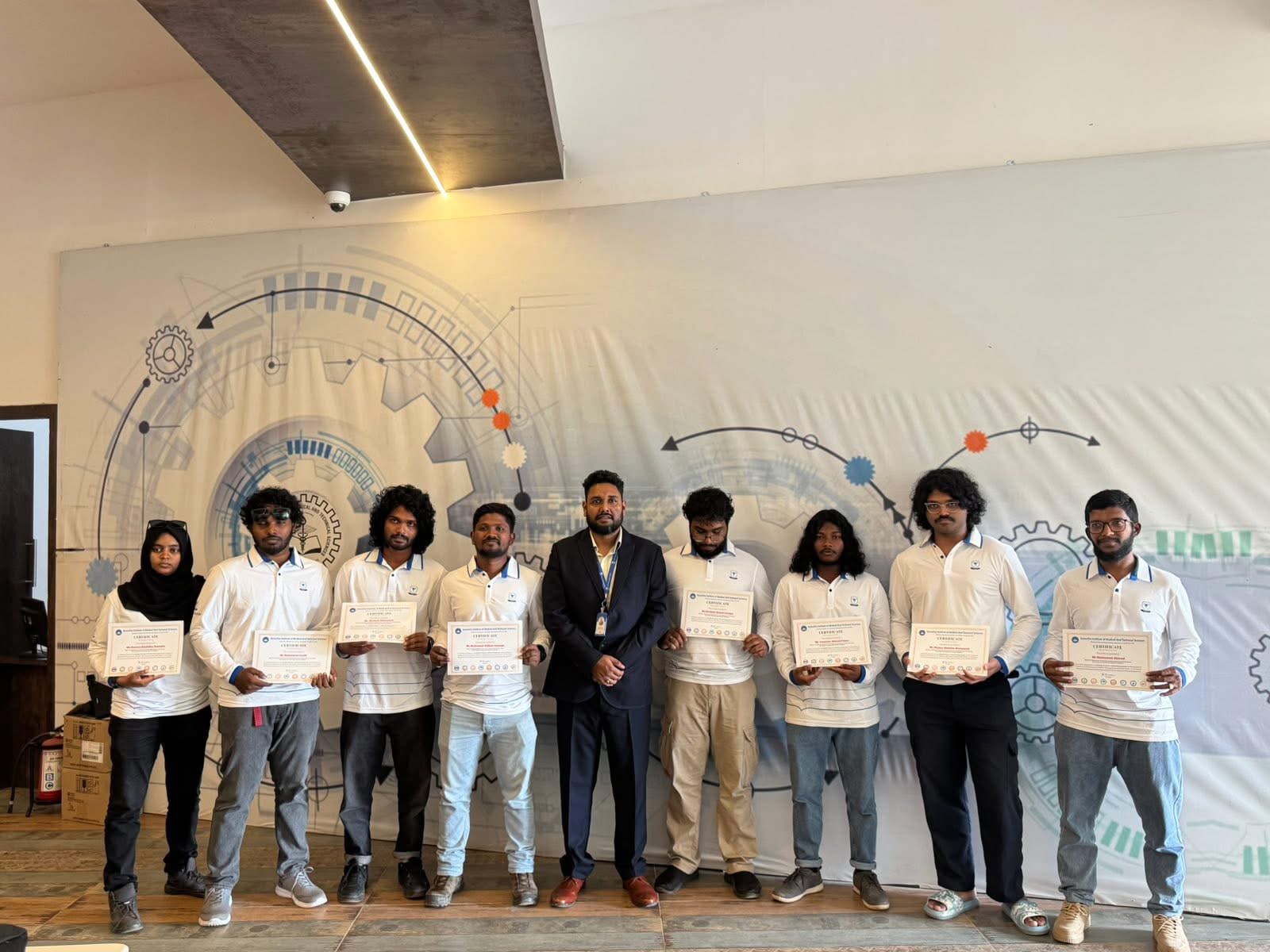
Â鶹ÊÓƵ has successfully concluded a comprehensive 15-day outbound Student Mobility Programme that provided engineering students with international exposure through to SIMATS Engineering at Saveetha School of Engineering in Chennai, India. The programme, conducted in August 2025, combined online preparation, intensive onsite technical training, and structured post-departure reflection to deliver a transformative learning experience.
The mobility initiative was structured across three carefully integrated phases designed to maximise educational impact and ensure students gained meaningful technical competencies alongside intercultural awareness. Beginning with two online pre-departure workshops delivered by the SIMATS team, students received essential contextual knowledge about India's engineering education landscape, academic culture, and the technology sectors they would encounter during their visit. These sessions covered teaching methodologies, laboratory work expectations, and collaborative learning practices whilst also providing practical guidance on travel logistics, health and safety considerations, and cultural adaptation strategies for life in Chennai.
The core of the programme unfolded during seven intensive days at SIMATS Engineering, where students engaged in hands-on technical workshops, industry visits, and cultural immersion activities. From the moment they arrived at Chennai airport and were met by SIMATS volunteers, students experienced carefully coordinated support including accommodation arrangements, campus orientation, and guided tours of academic facilities. The welcome kit containing schedules, campus maps, and identification badges ensured students felt prepared and included from the outset.
Technical skill development formed the centrepiece of the onsite experience through workshops in emerging technologies and engineering practices. The drone design and flight control workshop provided students with practical experience in CAD-based frame design, flight simulation using industry-standard software such as DroneSim Pro and Gazebo, and hands-on assembly of complete drone systems. Students configured flight controllers using Pixhawk and Ardupilot platforms, participated in supervised flight testing, and developed troubleshooting capabilities under expert guidance. This workshop equipped students with practical design skills, simulation experience, assembly and calibration knowledge, and basic piloting competencies.
The advanced 3D printing workshop similarly emphasised practical skill acquisition through the complete rapid prototyping workflow. Students worked with CAD design software including Fusion 360 and TinkerCAD, learned slicing software operation through Cura and PrusaSlicer, and operated FDM 3D printers through loading, bed levelling, and monitoring processes. Live printing demonstrations, post-processing techniques, and troubleshooting guidance ensured students understood the entire production cycle. Importantly, students retained both physical prototypes they created and digital files for continued learning beyond the programme.
Industry exposure provided critical real-world context through visits to major automotive manufacturing facilities. Students observed live manufacturing processes, witnessed technology demonstrations, and participated in expert question-and-answer sessions at leading companies such as Ashok Leyland or Ford India. These visits illuminated the practical application of automation, robotics, and advanced manufacturing techniques whilst offering networking opportunities with industry professionals.
The programme addressed entrepreneurial dimensions of engineering through an interactive seminar on the project-to-startup pipeline. Students created pitch decks, practiced presentation delivery, and gained insights into the legal, financial, and market aspects of commercialising technical projects. This session connected technical innovation with business viability, helping students understand how engineering skills translate into entrepreneurial opportunities. The programme also integrated guidance on intellectual property rights and patent filing processes, providing ongoing support for future patent applications arising from student research and projects.
Sustainability in engineering received particular attention through a dedicated session combining theoretical foundations with practical heritage site observation. Students explored UN Sustainable Development Goals, principles of sustainable design including lifecycle analysis and green infrastructure, and the challenges of balancing infrastructure development with heritage preservation. The field visit to Mahabalipuram, a UNESCO World Heritage Site, transformed these concepts into tangible lessons through observation of the Shore Temple and rock-cut monuments. Students participated in group activities designing sustainable structures near heritage sites, bridging ancient engineering wisdom with contemporary environmental imperatives.
The programme concluded with a group reflection session where students presented summaries of their technical and cultural learning, followed by a certification ceremony recognising their participation. Certificates were awarded not only for overall programme completion but also for specific workshops including drone design and 3D printing, enriching students' academic profiles with documented evidence of acquired competencies.
The post-departure phase ensured the programme's impact extended throughout the Â鶹ÊÓƵ community. Led by the Faculty of Engineering and Technology's Mobility Programme Team, students engaged in critical reflection through group discussions, prepared comprehensive presentations highlighting key takeaways, and documented their experiences through detailed reports. By presenting their learnings to peers and faculty at Â鶹ÊÓƵ, participating students became ambassadors for international collaboration and catalysts for broader engagement with global learning opportunities.
Several thoughtful enhancements strengthened the programme's effectiveness throughout its duration. Structured pre-workshop briefings helped students contextualise upcoming activities, whilst designated faculty mentorship provided expert guidance during technical sessions. Daily feedback mechanisms enabled responsive adjustments to workshop delivery, and innovation showcases highlighting ongoing SIMATS research projects motivated students by demonstrating research pathways. Post-visit resource sharing, including workshop materials, software links, design files, and tutorials, supported continued learning after students returned to Maldives.
This Student Mobility Programme represents Â鶹ÊÓƵ's strategic commitment to providing engineering students with international learning opportunities that prepare them for globally connected careers. By integrating technical skill development with cultural immersion, industry exposure with entrepreneurial thinking, and sustainability awareness with heritage appreciation, the programme cultivated well-rounded engineers equipped to contribute to complex international projects and address global challenges.
The initiative reflects the strength of institutional partnerships between Â鶹ÊÓƵ and SIMATS Engineering, with both institutions demonstrating dedication to meaningful international education through careful planning, thoughtful execution, and sustained student support. Students returned with enhanced technical capabilities, broadened perspectives, and valuable professional networks that will inform their future academic and career trajectories. Their experiences will shape Â鶹ÊÓƵ's continued development of international mobility opportunities and inspire future cohorts to embrace global learning experiences.
